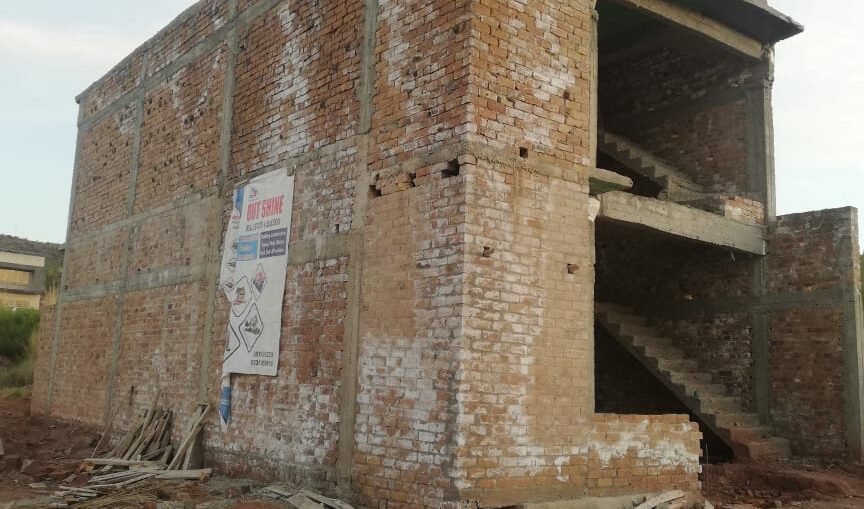Introduction: The construction industry has come a long way in recent years, and modern technology has played a significant role in its transformation. With the adoption of advanced tools and techniques, construction businesses can streamline operations, reduce costs, and enhance project outcomes. This essay explores the impact of modern technology on the construction business.
- Building Information Modeling (BIM): Building Information Modeling (BIM) is a technology that enables digital representation of a building’s physical and functional characteristics. With BIM, construction businesses can create 3D models of structures, which allows for better visualization, early detection of design clashes, and improved collaboration. BIM can also enhance productivity by automating processes, reducing rework, and minimizing waste.
- Drones: Drones are an emerging technology in the construction industry, offering a range of benefits to businesses. They can capture aerial footage of construction sites, providing a real-time view of progress, identifying potential hazards, and helping with site inspection. Drones can also collect data on topography, volume measurements, and other critical information, improving accuracy in cost estimation and project planning.
- Virtual and Augmented Reality: Virtual and Augmented Reality technologies offer a new dimension to construction businesses, allowing for immersive and interactive experiences. With Virtual Reality, stakeholders can walk through a digital representation of a building before construction, enabling better decision-making and enhancing design quality. Augmented Reality can overlay information on the real world, assisting with project monitoring and enhancing safety.
- Construction Management Software: Construction Management Software (CMS) is an essential tool in modern construction businesses. CMS enables real-time tracking of project progress, facilitates communication among stakeholders, and enhances collaboration. CMS also enables remote project monitoring, providing visibility to all parties involved and reducing the likelihood of errors.
- Prefabrication and Modularization: Prefabrication and modularization are innovative construction techniques that utilize modern technology to enhance productivity and efficiency. Prefabrication involves the manufacturing of building components in a controlled environment before assembly on-site, reducing time and labor costs. Modularization involves the construction of entire building sections off-site, improving quality control and reducing project timelines.
- Building Information Modeling (BIM): Building Information Modeling (BIM) is a digital representation of a construction project that encompasses its design, construction, and operation. BIM allows for collaborative and integrated planning, visualization, and coordination of all project stakeholders. This technology enhances communication, reduces errors, improves decision-making, and enables clash detection, resulting in cost and time savings.
- Construction Management Software: Construction management software provides a comprehensive platform for project planning, scheduling, resource management, and communication. These tools streamline workflows, enhance collaboration among team members, and improve project tracking. Construction management software allows for real-time updates, document sharing, and automated reporting, increasing efficiency and productivity.
- Drones and Remote Sensing: Drones equipped with cameras and sensors have revolutionized surveying, inspection, and monitoring processes in construction. They enable the collection of accurate and up-to-date site data, reducing the need for manual measurements and on-site visits. Drones provide aerial imaging, 3D mapping, and progress monitoring, enhancing safety, efficiency, and project oversight.
- Prefabrication and Modular Construction: Prefabrication and modular construction involve the off-site manufacturing of building components that are then assembled on-site. Advanced manufacturing techniques, such as robotics and 3D printing, have improved the precision, quality, and speed of prefabrication. This technology allows for cost and time savings, minimizes waste, and enables the construction of complex structures with greater efficiency.
- Internet of Things (IoT) and Smart Construction: The Internet of Things (IoT) connects physical devices, equipment, and sensors to a network, enabling data collection, analysis, and automation. In construction, IoT technology facilitates remote monitoring of equipment, real-time tracking of materials, and predictive maintenance. Smart sensors embedded in buildings enable energy optimization, security systems, and enhanced occupant comfort.
Conclusion: The adoption of modern technology has transformed the construction industry, offering numerous benefits to businesses. Building Information Modeling, drones, virtual and augmented reality, construction management software, prefabrication, and modularization are among the emerging technologies that have revolutionized the way construction businesses operate. By embracing these technologies, construction businesses can streamline operations, reduce costs, enhance project outcomes, and ultimately gain a competitive advantage. With continued innovation, the construction industry will undoubtedly continue to evolve, providing even more opportunities for businesses to improve their operations and maximize profitability.







